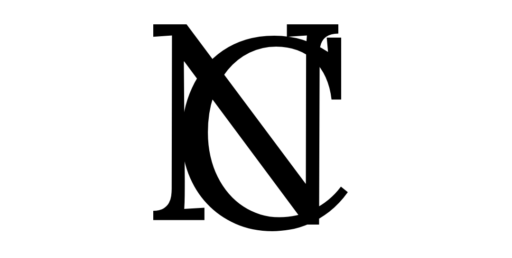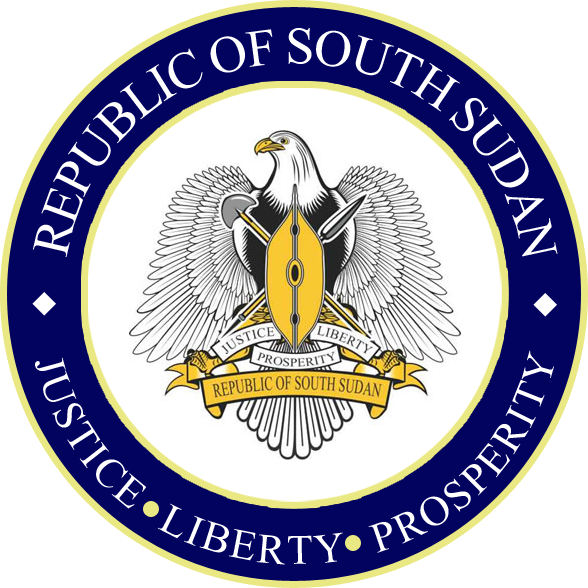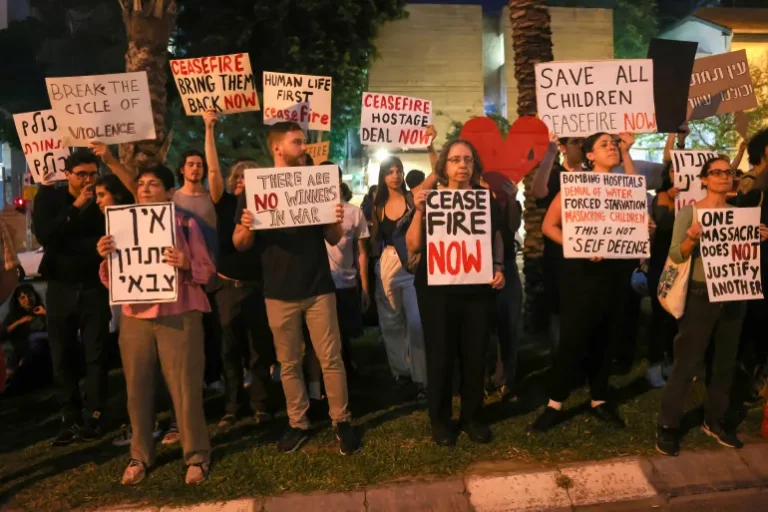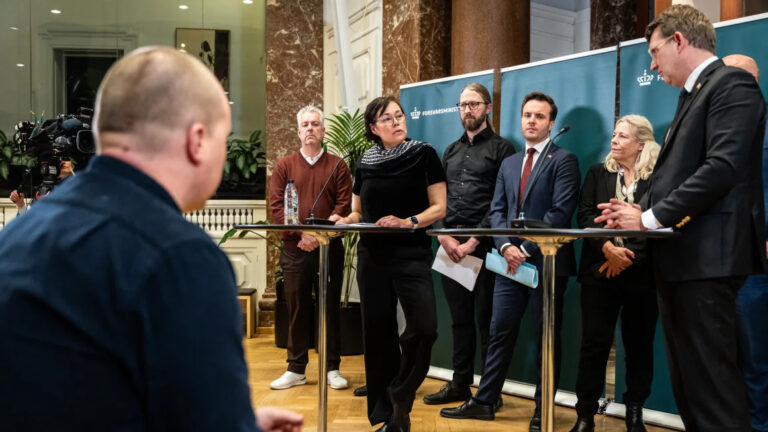Haitian Judge Indicts Widow, Former PM, and Police Chief in President Moïse’s Assassination
In a startling turn of events surrounding the investigation into the 2021 assassination of Haitian President Jovenel Moïse, a Haitian judge has issued indictments against several prominent figures, including the late president’s widow, Martine Moïse, former Prime Minister Claude Joseph, and ex-chief of Haiti’s National Police, Léon Charles.
The 122-page leaked document, published by local media outlet AyiboPost, unveils a complex web of political machinations, alleging a conspiracy between Martine Moïse and Claude Joseph to orchestrate the president’s killing with the aim of facilitating Martine’s ascension to power.
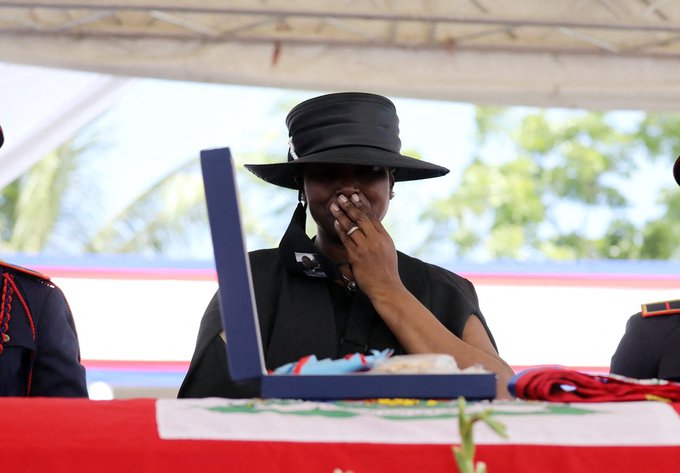
The charges facing Léon Charles are severe, including murder, attempted murder, possession of illegal weapons, conspiracy against the state’s security, and criminal association. Former Prime Minister Claude Joseph, now an opposition leader, and Martine Moïse, who was injured in the attack, are accused of complicity and criminal association. These indictments are expected to further destabilize Haiti, which is already grappling with a surge in gang violence and ongoing political unrest.
The report reveals intriguing details surrounding the events leading up to and following President Moïse’s assassination. Martine Moïse’s alleged removal of items from the National Palace two days before the attack suggests internal power struggles within the presidential circle. Witnesses’ testimonies, including that of Lyonel Valbrun, the former palace secretary general, provide insights into the political maneuvering and conflicting narratives surrounding the tragic event.
Former Prime Minister Claude Joseph, in response to the indictments, accused the current Prime Minister Ariel Henry of undermining the investigation. Joseph labeled the situation as a classic coup d’état, asserting that the Haitian justice system was being weaponized against political opponents. He emphasized his prior efforts to involve international bodies, including inviting the FBI to assist with the investigation and seeking support from the UN and OAS.
The international implications of the case extend beyond Haiti’s borders, with U.S. prosecutors describing the assassination plot as a conspiracy hatched in both Haiti and Florida. This has resulted in federal charges against suspects, including 20 former Colombian soldiers, indicating a broader, transnational dimension to the crime.
The ongoing chaos in Haiti, marked by the absence of elections since Moïse’s death, adds to the complexity of the situation. The country faces challenges from criminal gangs controlling significant areas, leading to heightened violence and insecurity. The international response, symbolized by Kenya preparing to lead a UN-ratified force, is cautious due to prior allegations against the Haitian government and a history of abuses by foreign missions.
